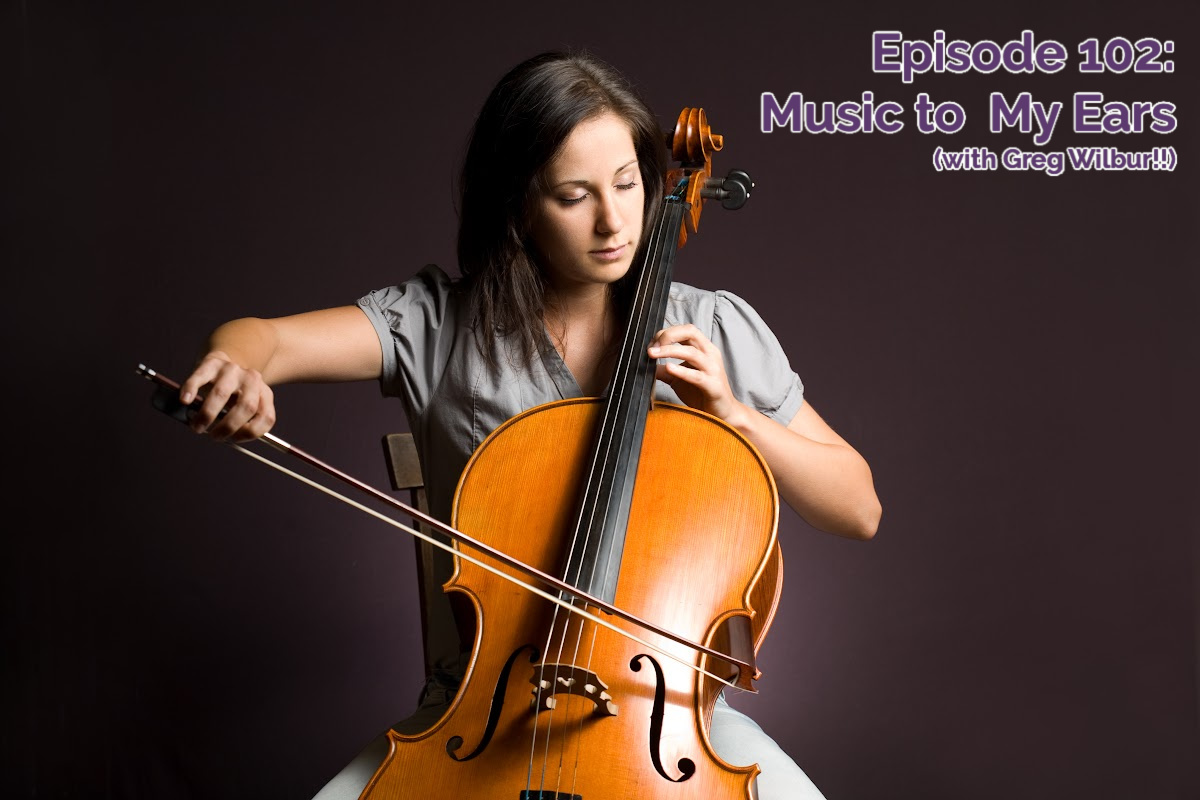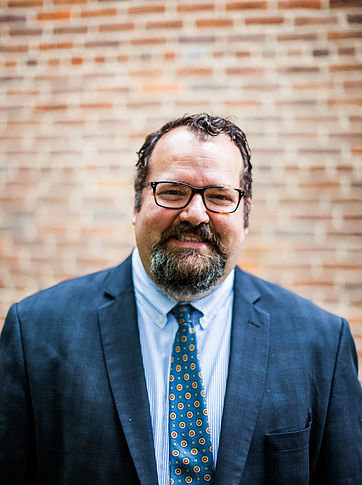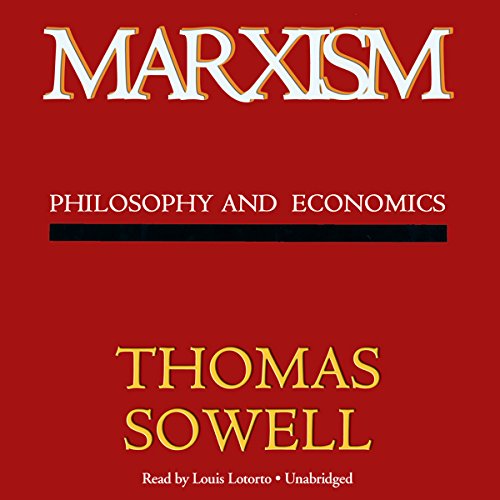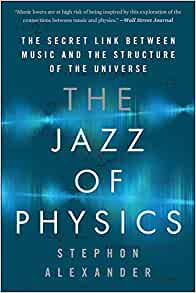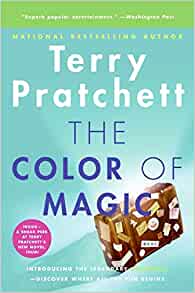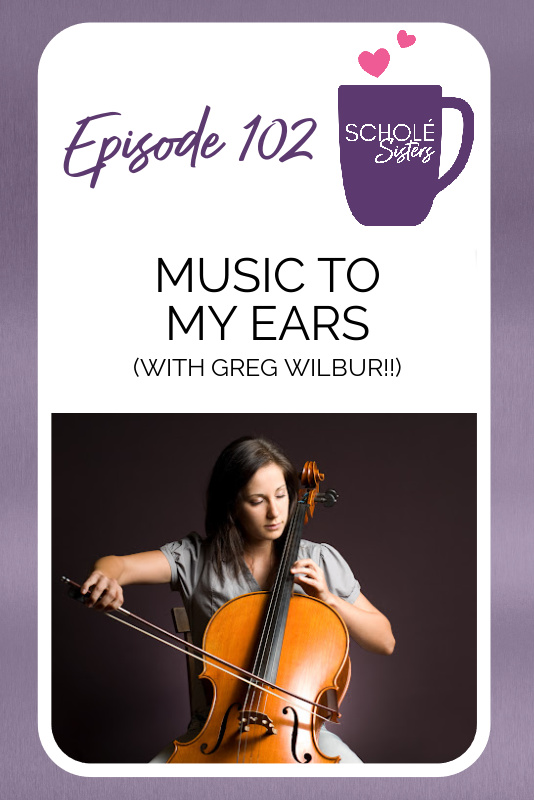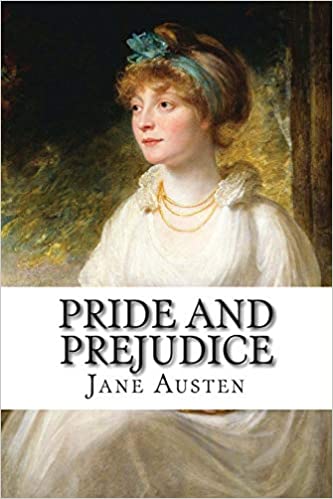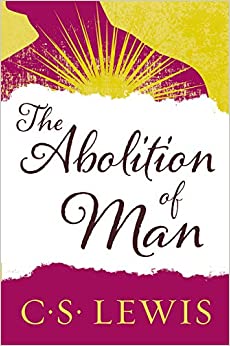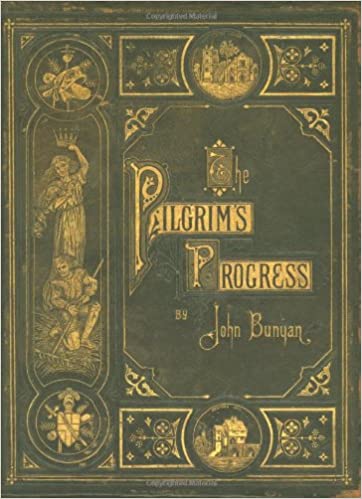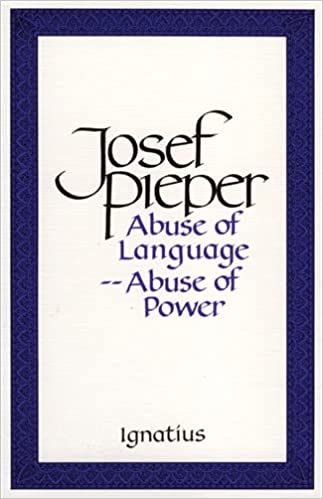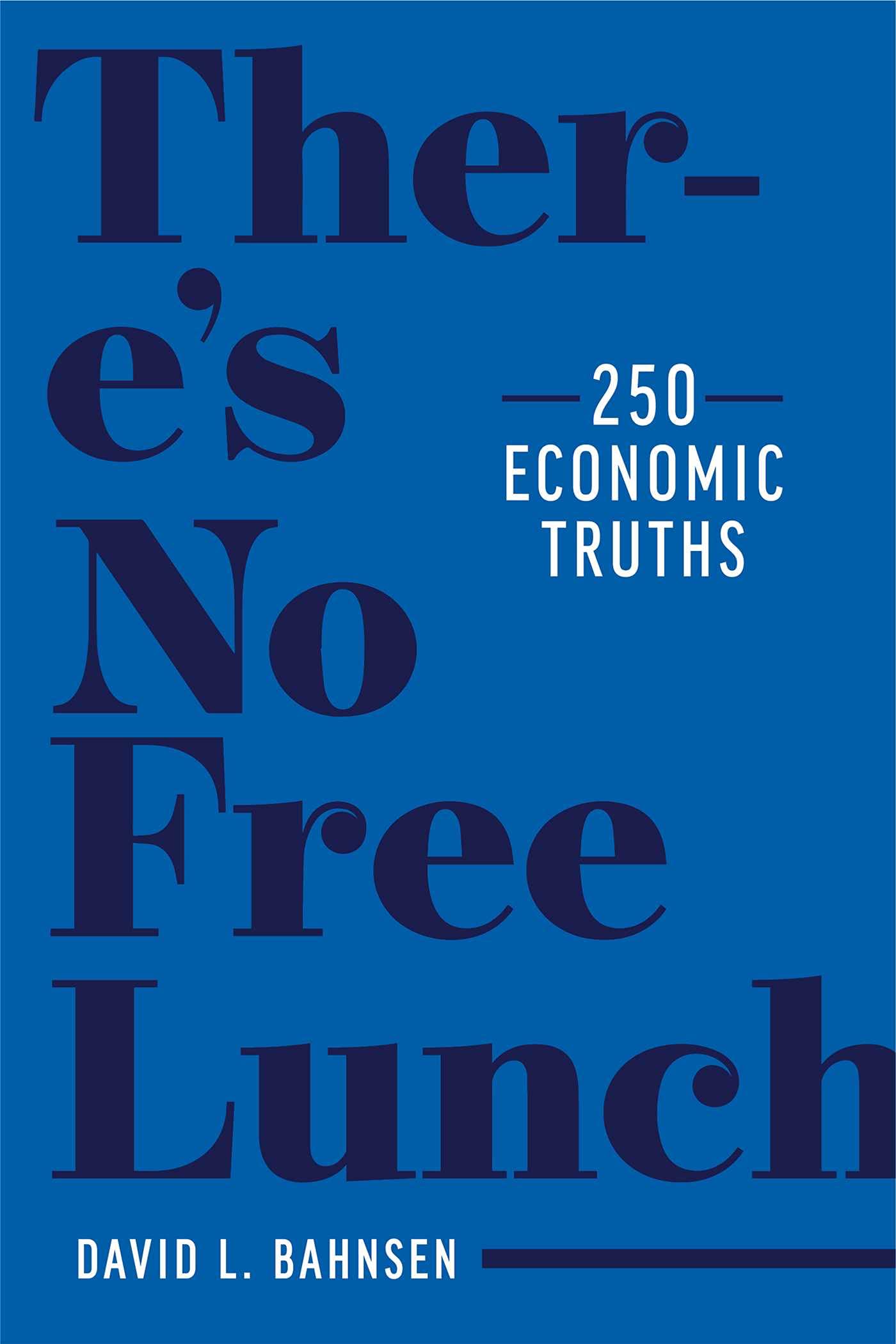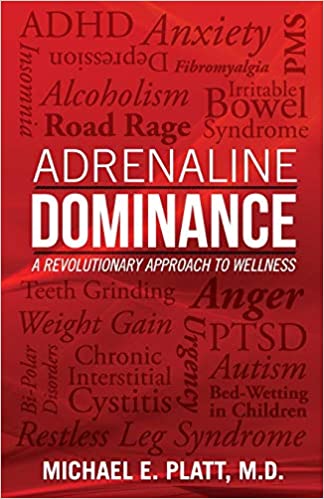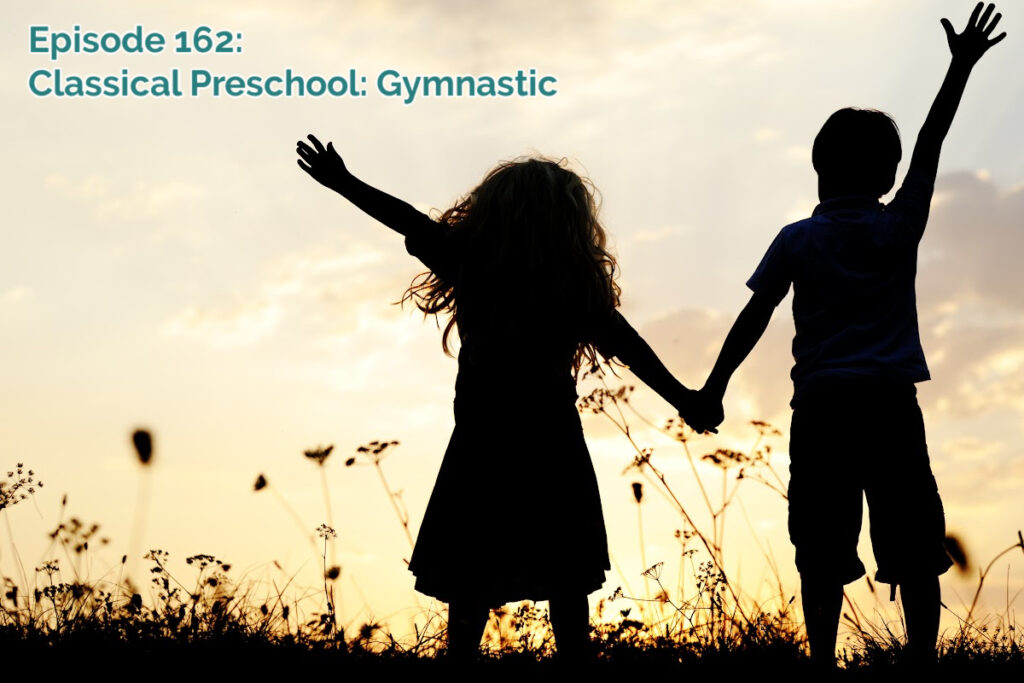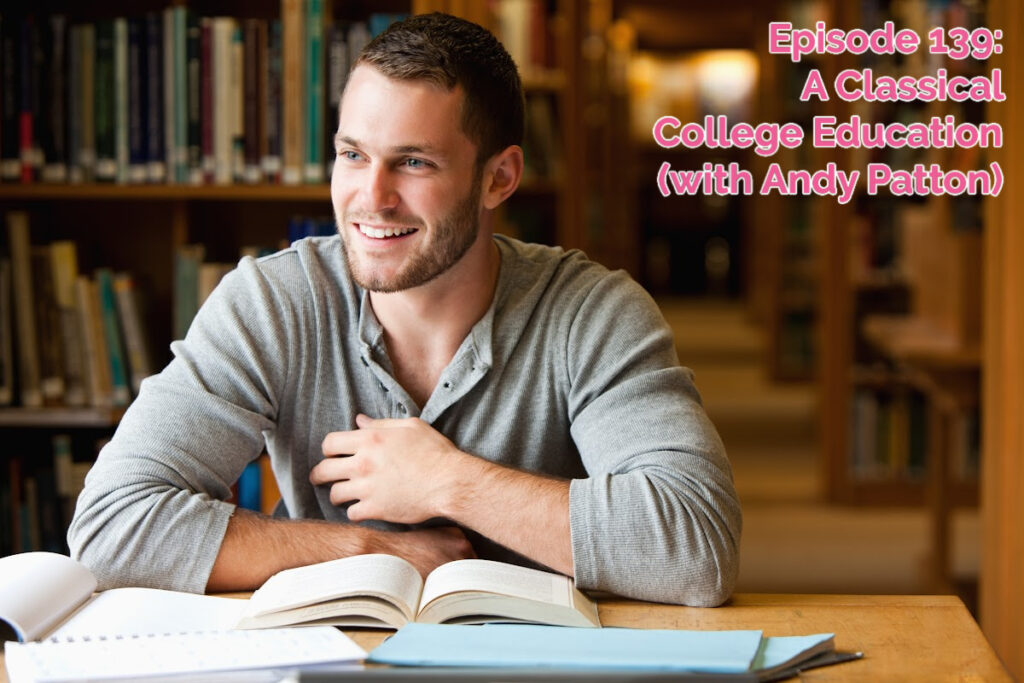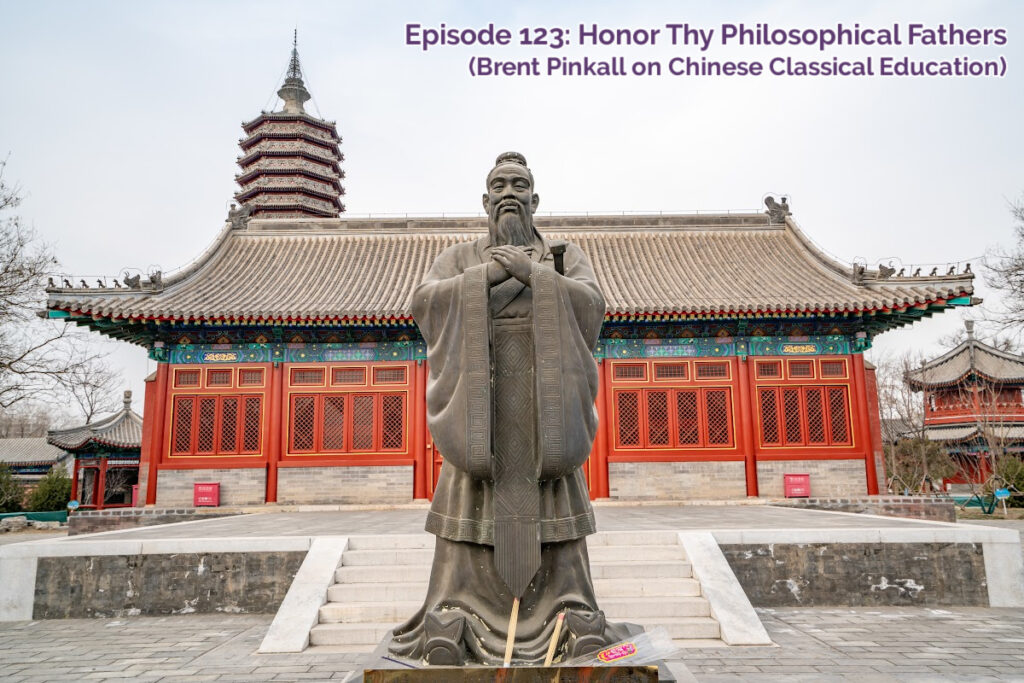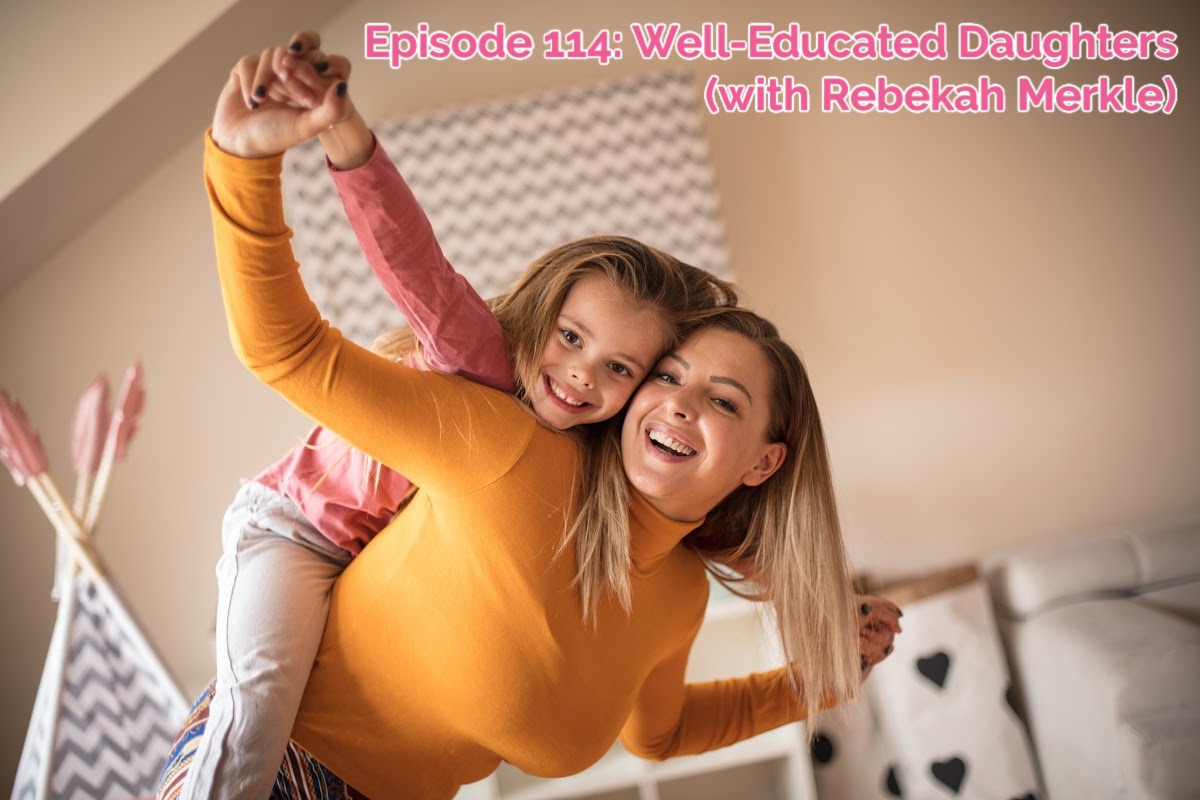SS #102 Music to my ears (with Greg Wilbur!!)
Growing up, we all call melodious sounds hitting our ears ‘music.’ Music, we later learn, is one piece of the quadrivium in classical education. We think we understand, until some explanations of music and classical education seem to make music about so much more than sound that the harmonious sound element is almost eclipsed.
We asked musician and president of New College Franklin, Greg Wilbur, on the show to talk about the place of literal music in classical education.
Listen to the podcast:
TUNE IN:
Apple Podcasts | Spotify | Stitcher
Music in Classical Education, literally
Today’s Hosts and Guest
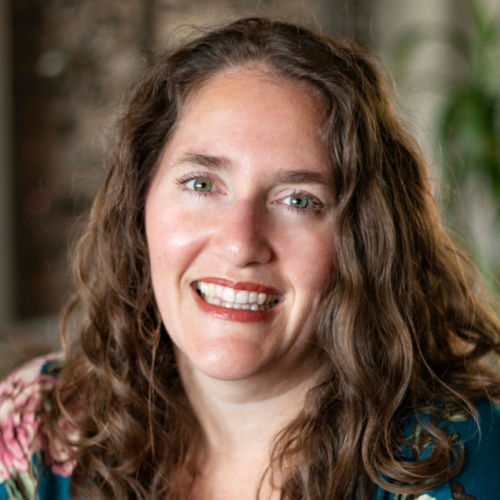
Brandy Vencel,
homeschool mom of four, did voice training in college and was her children’s first piano teacher.

Mystie Winckler,
homeschool mom of five, never took any music lessons, but her children are making up for that now.
Gregory Wilbur is founder and president of New College Franklin—a Christian college that concentrates on the classics and the seven liberal arts with a discussion-based approach and spiritual formation.
In addition to teaching and developing curriculum, his current academic focus is advancing the disciplines of the Quadrivium by bringing together leading voices in its renewal. He has contributed to nine books, numerous publications and on-line sites, and is the author of Glory and Honor: The Music and Artistic Legacy of Johann Sebastian Bach.
As an award-winning musician, he has released seven albums of his compositions of congregational psalms, hymns and service music as well as theatrical musicals and film scores, and his hymns can be found in more than ten hymnals.
Having taught for almost thirty years, he is a frequent speaker on music, the Quadrivium, arts, liturgy, and worship and serves as Chief Musician and liturgist at Cornerstone Presbyterian Church in Franklin, TN. He, his wife, Sophia, and daughter, Eleanor, enjoy travel, reading, cooking, taking walks and life in middle Tennessee.
“As much as possible, have a musical home.”
Greg Wilbur, episode #102
Scholé Every Day: What We’re Reading
Marxism, Thomas Sowell
Mystie is listening to this book to try to get a leg up on her understanding of Marx for the Excellent Marxmanship study inside Sistership.
The Jazz of Physics, Stephen Alexander
Greg is reading an analysis of a more complex view of the music of the spheres and how physics and jazz share principles.
The Colour of Magic, Terry Pratchet
Brandy decided to give Pratchet’s discworld another try by going to the beginning of the series.
Why is music more than music in classical education?
Because we have really lost the quadrivium, we have a shortsighted view of music. What is music and what is it for? Cultural shifts have changed what we value and what we ask about with regard to art such as music.
The older, pre-enlightenment interest with music was how it reflected the order of the cosmos. Not only might music reflect cosmic order, but it might even have a role in maintaining it. Music could create harmony or discord not only in people’s ears but also in the world itself.
Is there older music than Bach?
Most of what is studied under music appreciation is all composed within the last 200 years, mostly instrumental music composed for the secular, public stage. Concert music is what music appreciation says is worthy of appreciation. This value is a post-enlightenment relic.
The older music is much more vocal and liturgical, which are less valued today. Such music has a different purpose and emphasis. Its priorities don’t align with post-enlightenment values.
Concert symphonies actually utilize and demonstrate a Hegelian mode of thinking as they counter a theme with a contrary theme and come out of it with a synthesis. Classical music reflects enlightenment values.
Beethoven tells you what it means to be Beethoven; Mozart tells you what it means to be human; Bach tells you what it means to be cosmos.
Douglass Adams
What is the role of music?
Liberal Arts Tradition points to the role of music in early education, before it’s a quadrivium study. In early education, music is paired with gymnastic, giving us training for the soul and body. Music here provides education in the muses – the enculturating elements all of which are daughters of memory.
From a foundational base in a grounding education via music (including all the arts) and gymnastic, a student is able to encounter and understand the liberal arts, the trivium and quadrivium. Music in early education grounds the student in love first.
Astronomy, like music, shows up as one of the daughters of the muses, appropriate for enculturation, as well as a liberal art, productive of knowledge.
Three kinds of music
At New College Franklin, quadrivium studies in music are called harmonia rather than music to communicate the purpose of the art.
In Boethius’ book on music, he does speak of music as a heard thing, yet also talks about its ethical quality. He talks about three kinds of music: music of the world or the cosmos, instrumental music, and music of the soul.
The older philosophers considered heard music the least of the kinds of music. It is a technical skill to play an instrument, but it is virtue to be harmonious within one’s soul.
Tension is required for music and harmony, which teaches us about reality.
How do we homeschool music well?
Any instrument instruction or music appreciation is valuable and a step in the right direction. We don’t have to comprehend the history and philosophy of music to begin.
The difference between music as a mere skill to learn and a classical approach to music isn’t that you really do much differently, but that you have a different motive and goal, a different vision and purpose.
Music is so large a subject, even just heard music. There is music theory and music technical skill and musicality.
Exposure breeds taste and growing desire. By being read to, children learn that they might want to read themselves. It is the same with music. Listening to music and singing and weaving music into our lives will foster a desire to know music as a personal skill also.
To do and know music, you really should know how to read music, not simply play by ear. Reading is as important a skill in music as in reading words. By reading music, we sing more skillfully and in harmony.
As long as we live there is never enough singing.
Martin Luther
Added harmony in group music
Learning to sing or learning an instrument solo is a good skill, but a much deeper application is required to play alongside others. It is an added kind of harmony to sing in a choir, to play in a band, to dance in a set.
Even sibling duets show how sanctification is a kind of harmony best produced in community.
Mentioned in the Episode
Listen to related episodes:
SS#162: Classical Preschool – Gymnastic
SS #139 – A classical college education (with Andy Patton!!)
SS #123 – Chinese Classical Christian Education with Brent Pinkall
SS #114 – A Well-Educated Daughter (with Rebekah Merkle!)


